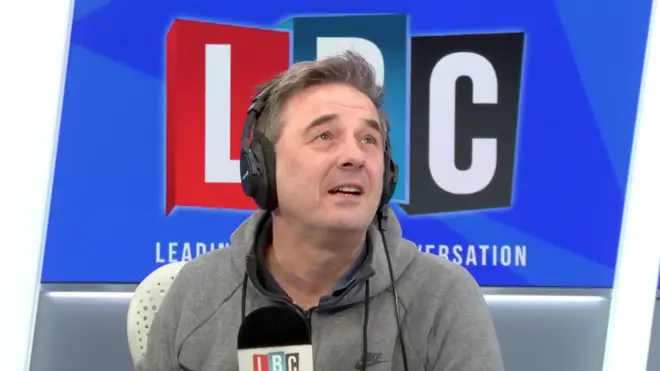
James O'Brien 10am - 1pm
22 March 2020, 11:32
Ian Payne was beginning to feel down when thinking about Covid-19, but luckily he had a psychologist on the line to give him some tips.
Jo Hemmings is a behavioural psychologist and joined Ian to give the public some vital information on how to brace themselves for a prolonged period indoors.
"How can people hunker down for the long term and not go crazy" he asked.
Jo Hemmings told Ian that "people can feel overwhelming bouts of anxiety" and in times like these, it is completely normal to feel this way.
Ms. Hemmings told Ian there are a few things that a person can do to fight against the cabin fever and anxiety.
"Give yourself permission to laugh" she said. She told Ian that the most important thing for people during this crisis is to find distraction and to keep occupied
The psychologist added that if you "construct a routine for your family" then you are helping the whole group to keep positive and to speed up the whole isolation process
Ian asked about the people that have lost their jobs and how should they keep take this advice.

Ms. Hemmings told Ian that these people need to think of how they can best control the situation with the means that they currently have.
The behavioural psychologist told Ian that "self isolation is not solitary confinement" and that there are a range of ways that the human mind can think beyond the immediate negativity to find positives.
Ian wanted to know further if the public can find any comfort in knowing that this is a problem that affects us all, but Ms. Hemming told Ian that thinking outside of the community can lead to more anxiety on the matter. She said that seeing examples of countries that are significantly worse off or even countries that have nearly recovered from the pandemic can result in a feeling of panic for the public.